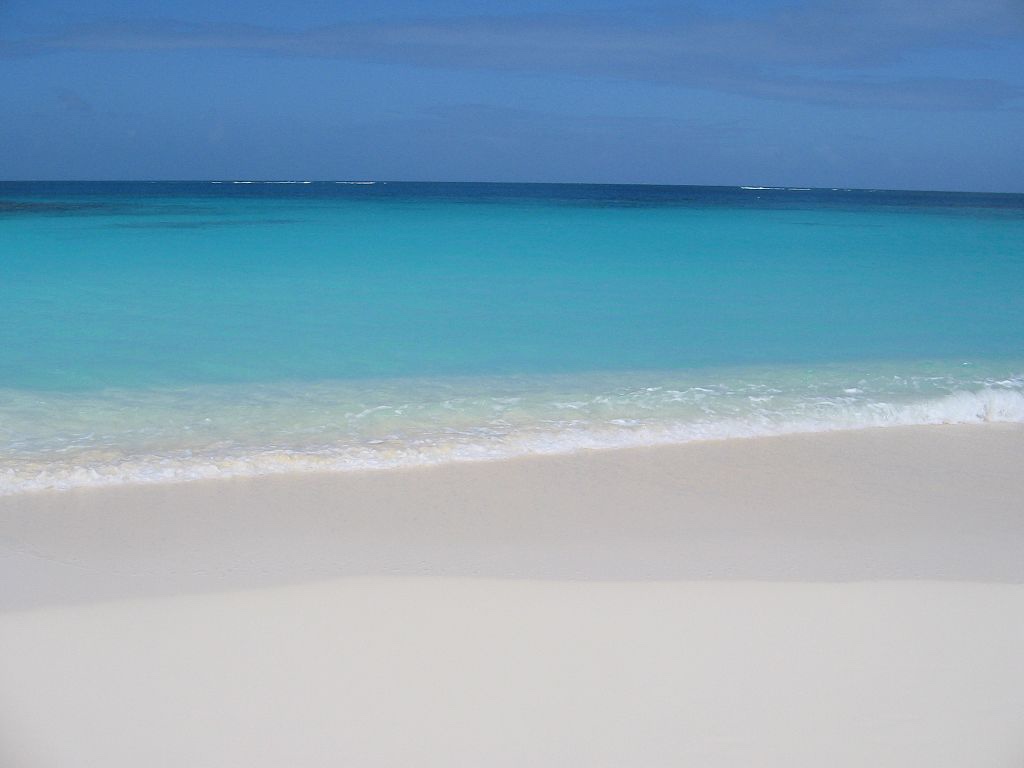With so much focus currently being placed on the Mexico-US border and the ill-fated wall, little attention has been paid to the country’s Caribbean territories.
Only a few miles separate the islands that make up the United States Virgin Islands (“USVIs”), the British Virgin Islands (“BVIs”), and Puerto Rico and historically these territories enjoy a high level of inter-island traffic by air and sea. Some in the USVI now worry that a recent change in the British Virgin Islands’ immigration policy may make the challenge of securing the borders between the two jurisdictions more difficult.
As of June of last year, in a move that is hoped to capitalise on the growth of emerging markets for Caribbean tourism, Chinese nationals are no longer required to obtain a visa to enter the BVIs. Previously, with the exception of persons holding passports from Great Britain, the United States, and Canada visas were required for everyone entering the territory. China is without a doubt the one of the largest tourism markets in the world and capturing even a small portion of this audience would potentially be worth millions. The change in visa policy has led one legislator in the BVIs to propose that nationals from other Caribbean countries should also be allowed to enter that country without obtaining a visa. This is concerning for border patrol and immigration control agencies in the USVI which have seen a rise in the number of cases involving the illegal entry of citizens from the Dominican Republic, St. Lucia, Argentina, Venezuela, and even India in recent months many of whom use Tortola as a jumping-off point for entry into the USVIs. The island of St. John’s, due to its close proximity to Tortola, is particularly vulnerable. There have been several recent arrests in waters near St. John’s north shore involving US Customs and Border Protection Air and Marine Operations where officers have apprehended vessels operating without lights at night.
The main focus for lawmakers in the USVI is a drive to eradicate illegal immigration and the illicit activities that accompany it such as human trafficking and prostitution. Illegal migrants are extremely vulnerable, particularly children and women who, because of their precarious position, may not go to law enforcement for help. Calls have been made for members of the public to assist in identifying victims of traffickers by reporting suspicious activity.



